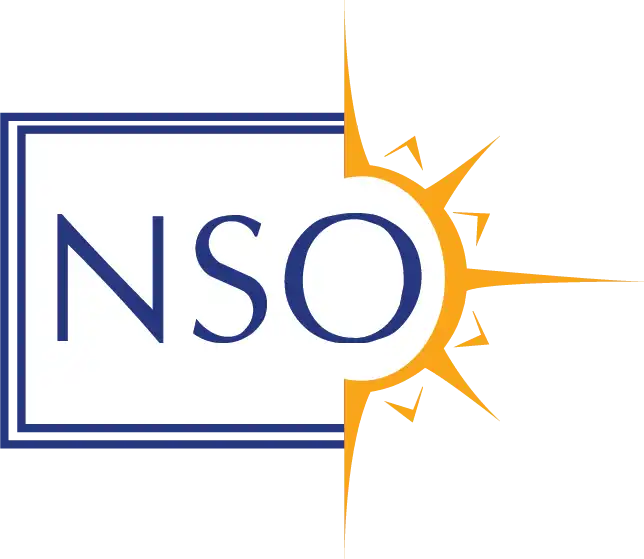Improvements Introduced to Native Hawaiian Education Act
By Maui Now Staff
The Hawaiʻi Congressional Delegation today introduced a bipartisan bill that seeks to extend and improve the Native Hawaiian Education Act, an existing program that is aimed at creating educational opportunities for Native Hawaiian children and families.
Senators Mazie Hirono and Brian Schatz from Hawaiʻi, and Lisa Murkowski (R-AK) introduced the Senate version of the Native Hawaiian Reauthorization Act of 2015; and Representatives Tulsi Gabbard and Mark Takai of Hawaiʻi, and Don Young (R-AK) are original sponsors of the House version of the bill.
“Thousands of Native Hawaiian students have benefitted from the Native Hawaiian Education Act and over the past several years I have had the opportunity to hear many of their inspiring stories firsthand,” said US Senator Mazie Hirono in a press release statement.
“Our bill will increase the program’s accountability and transparency, and guarantee that future generations of Native Hawaiians will continue to receive a culturally relevant education. I will continue to work closely with my Hawaiʻi and Alaska delegation colleagues to invest in quality education opportunities for our keiki and protect our special commitment to the Native Hawaiian community,” she said.
Fellow Senator, Brian Schatz also commented saying, “For decades, the Native Hawaiian Education Act has provided the critical resources necessary to confront the unique educational needs of our Native Hawaiian community. Our bill would make key improvements that would expand grant opportunities and make the Native Hawaiian Education Council more accountable to the communities it serves.”
Hawaiʻi’s US Representatives Tulsi Gabbard and Mark Takai also released statements in support of the bill.
“The Native Hawaiian Education Act empowers our native communities that have largely been underserved, through education, and preserves the rich and unique culture, language, and values our native people,” said Congresswoman Gabbard. “For the last 27 years, the NHEA has served as a critical and innovative program that enables our communities to thrive. Parents and educators from across the islands count on the expanded educational opportunity this legislation provides for their children, and it is vital that we come together to empower these young students to succeed.”
Congressman Mark Takai said the improvements being introduced to the Native Hawaiian Education Act will help to better a program that he said has assisted generations of Native Hawaiian students. “The changes will allow for increased access to grants and greater clarity for the evolving educational needs of the Native Hawaiian population. I am happy to see the bipartisan show of support for this important bill, I look forward to continuing the improvements we started and preserving the special relationship we have with the Native Hawaiian community,” said Takai.
According to information released by Senator Hirono, the Native Hawaiian Education Act provides grants for innovative Native Hawaiian educational programs across the state and created the Native Hawaiian Education Council to provide recommendations to the US Department of Education about the needs of, and priorities for, Native Hawaiian students.
Congressional supporters say the bill would extend the grant program for five years, and increase the program’s transparency by designating stakeholders with experience in Native Hawaiian education to serve on the Council.










